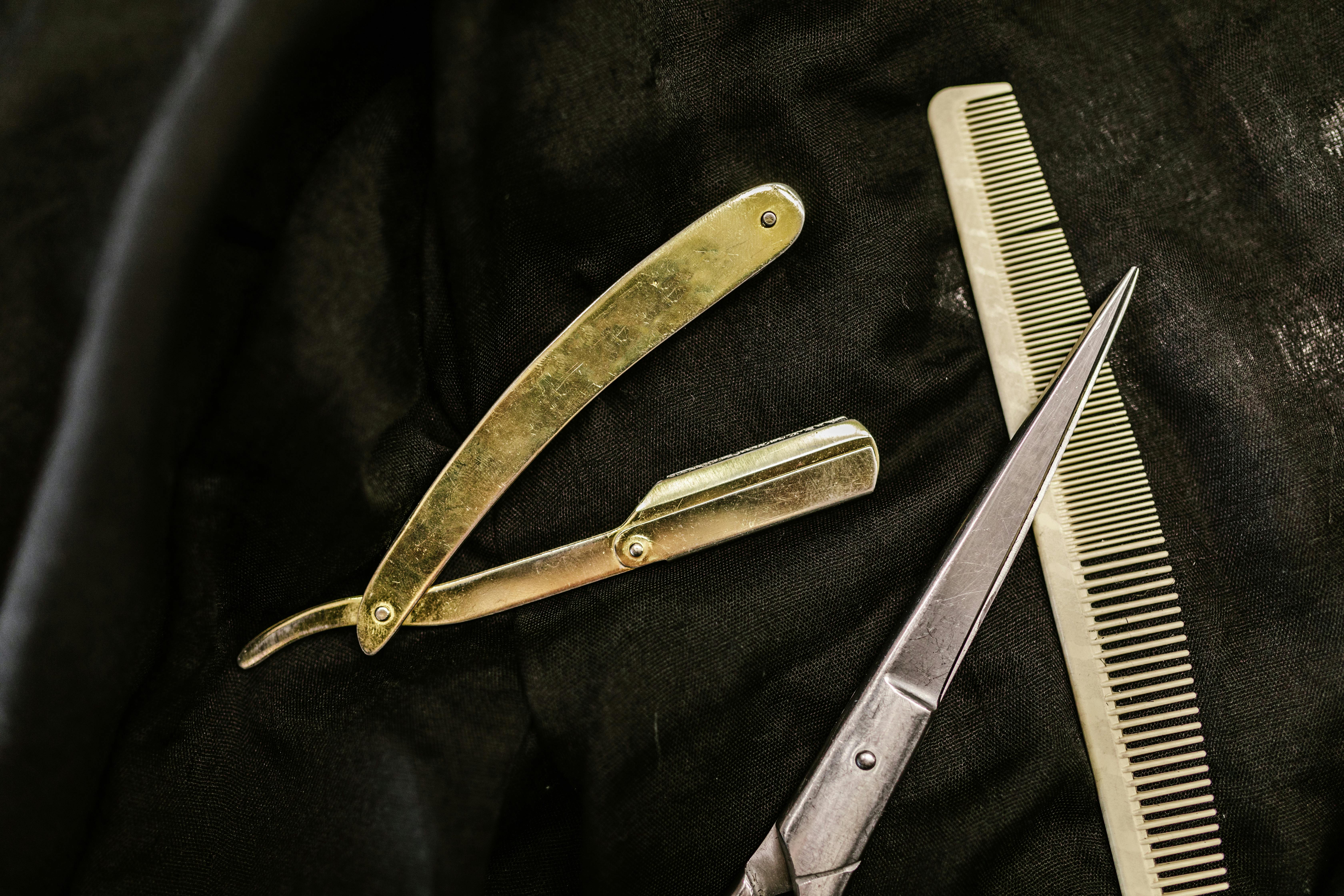
Practical Guide to Donating Your Body to Science in 2025
Donating your body to science is a noble decision that contributes greatly to medical research and education. In 2025, the process of body donation has become more structured, with numerous programs available to facilitate this altruistic choice. Individuals can leave a lasting impact on their communities and future generations by enabling medical professionals and students to learn from real human anatomy. This guide aims to explore the aspects of how to donate your body to science, the requirements involved, and the significant benefits of making such a donation.
This article covers everything from the basic requirements for body donation to the ethical considerations surrounding it. We will delve into donation programs, laws governing body donations, and address common misconceptions. By understanding the donation process, you can make informed decisions that align with your personal and familial goals. Let’s explore the path of body donation together.

Understanding the Body Donation Process
Understanding the body donation process is crucial for potential donors and their families. The first step is to review body donation programs available in your area. Many hospitals and universities run specific programs aimed at collecting donor bodies for research and education. Through these programs, institutions can enhance anatomical education, support medical innovations, and conduct vital research that advances healthcare.
Eligibility and Consent for Body Donation
Eligibility for body donation varies by program, but common requirements include age limits and health conditions. Most programs accept individuals aged 18 and older, while certain medical conditions may disqualify potential donors. It's essential to contact local donation centers to understand their specific criteria.
Consent is a vital part of the donation process. Potential donors should clearly communicate their intentions with family members and ensure all legal documents are in order. Consent forms typically outline how the body will be used, which ensures transparency and respect for the donor’s wishes.
Prearranging Your Body Donation
Prearranging your body donation involves making a plan in advance. This can include registering with a donor registry or selecting a specific donation center based on your personal needs and location. Family acceptance is also a critical factor; discussing your decision with loved ones can help ease any concerns and facilitate your intention to donate.
The Process of Donation After Death
Once a donor passes, the body must be transferred to the chosen donation institution. Family members should notify the institution immediately after death. Most programs will provide guidance on what to do during this time, ensuring that the donation process is handled respectfully and efficiently.
Benefits of Donating Your Body to Science
Donating your body to science offers numerous benefits, not only for the medical community but also for society as a whole. By choosing this path, one contributes to critical advancements in healthcare, medical training, and research. The following sections will explore these benefits in greater detail.
Advancing Medical Research
Body donations furnish researchers and medical professionals with invaluable data to better understand human anatomy and physiological conditions. By donating your body, you provide a unique opportunity for future studies that can lead to breakthroughs in treating diseases and improving patient care.
Enhancing Medical Education
Medical schools rely heavily on anatomical donations for the training of upcoming healthcare professionals. Students learn about human anatomy through cadaver studies, which deepen their understanding of biological systems. This hands-on experience is integral to preparing competent doctors who will serve society effectively.
Contributing to Surgical Training
Surgeons and other medical professionals require extensive training to perform complex procedures. Body donations allow for realistic simulations that enhance visualization and hands-on training. This contributes significantly to the safety of practices in operating rooms and improves overall patient outcomes.

Addressing Ethical Considerations
Body donation raises several ethical considerations that must be carefully navigated. The donation process should always respect the individual’s wishes and cultural beliefs. Understanding these factors can clarify the need for transparency and informed consent throughout.
Legal Aspects of Body Donation
Potential donors should familiarize themselves with the legalities surrounding body donation in their jurisdiction. Laws on anatomical donations can vary significantly, impacting eligibility and consent. Programs must adhere to strict regulations and guidelines to ensure ethical practices are followed, protecting the rights and dignity of the donors.
Myths and Misconceptions about Body Donation
Several myths surround body donation that can discourage potential donors. Common misconceptions are that donors will not receive a compassionate treatment or that their bodies will be used for frivolous purposes. Educating oneself and others in the community can help dispel these myths and promote a better understanding of the body donation process.
Making Informed Decisions About Donation
Making informed decisions regarding body donation involves research and open discussions. It is essential to gather information on local body donation programs by visiting donation centers, understanding their requirements, and considering personal and cultural beliefs.
Compiling Your Donation Plan
Creating a detailed donation plan can ensure that all your wishes are respected. This encompasses registering with the appropriate donor programs, having conversations with family members, and confirming where and how your body will be utilized. Offering thorough documentation can ease your family's understanding of your decision.
Long-term Effects of Body Donations
The long-term effects can be profound. Not only does body donation influence medical education and research positively, but it also fosters a greater appreciation for the importance of anatomical donation. Personal stories highlight the significance of donations in advancing healthcare and shaping cultural perspectives in posthumous decisions.
Conclusion and Call to Action
In conclusion, donating your body to science is a deeply personal decision that carries significant benefits for medical research and education. Understanding the donation process, addressing ethical considerations, and dispelling myths are vital steps to making an informed choice. By educating yourself about how to donate your body and equipped with the relevant knowledge, you can contribute to a legacy that thrives beyond your lifetime.
Consider starting your journey toward donation today. Engage in meaningful conversations with your family, explore a registration option, and make a lasting impact on the future of healthcare with your altruistic choice.
FAQs about Body Donation:
1. What are the eligibility requirements for body donation?
2. How do I register for body donation?
3. What happens to my body after donation?